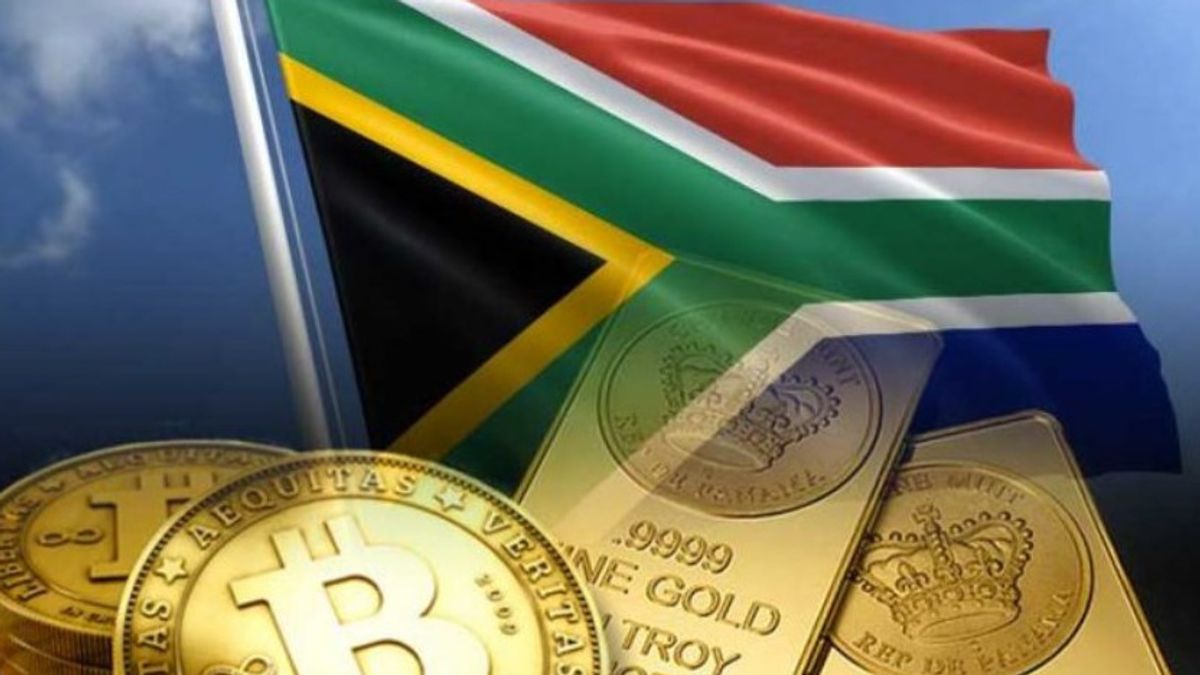JAKARTA – A number of countries have begun to adopt Bitcoin and other cryptocurrencies as a legal alternative payment instrument. After El Salvador, several other countries reportedly soon followed suit to accept cryptocurrencies as a means of transactions.
India has also lifted the ban on cryptocurrency trading and incorporated cryptocurrencies into tradable assets. Now South Africa is informed that it is working on a cryptocurrency policy.
Cited from Cointelegraph, Tuesday, June 15, the Intergovernmental Fintech Working Group (IFWG) under the auspices of the Crypto Asset Management Working Group is drawing up a roadmap to introduce policies that will focus on crypto asset service providers.
In 2014, South Africa through a number of the country's financial authorities warned its citizens who have cryptocurrencies to bear their own risk. The government also does not provide legal protection or assistance if cryptocurrency owners experience problems.
Now the South African Government seems to be softening, they are brewing a crypto bill to be traded in their country. Nonetheless, the government continues to appeal to its citizens by declaring that crypto assets are “risky and unstable”.
SEE ALSO:
The plan is that South Africa's financial regulator will emphasize a number of key principles, some of which are implementing measures that are proportional to risk; take a collaborative approach to crypto asset regulation; keep up to date with international practice; encourage learning related to digital finance for the general public.
Bills that will be proposed related to crypto regulation include anti-money laundry and countering terrorism financing, cross-border finance laws, and the implementation of laws in the financial sector.
The South African government is also stressed to prevent market abuse such as scamming or fraud, market violations, and they are also required to take strict action against violators in the crypto industry.
However, the IFGW still views decentralization as a form of setback, not an advantage. According to them, decentralization can be abused, for example by using an incorrect wallet address.
On the other hand, the IFGW is concerned about the volatility of crypto prices and the scams that overshadow them like Ponzi schemes. Some time ago, the largest Ponzi scheme in South Africa was a Bitcoin (BTC) trader and managed to steal 23.000 BTC from 26.000 crypto investors.
The English, Chinese, Japanese, Arabic, and French versions are automatically generated by the AI. So there may still be inaccuracies in translating, please always see Indonesian as our main language. (system supported by DigitalSiber.id)













